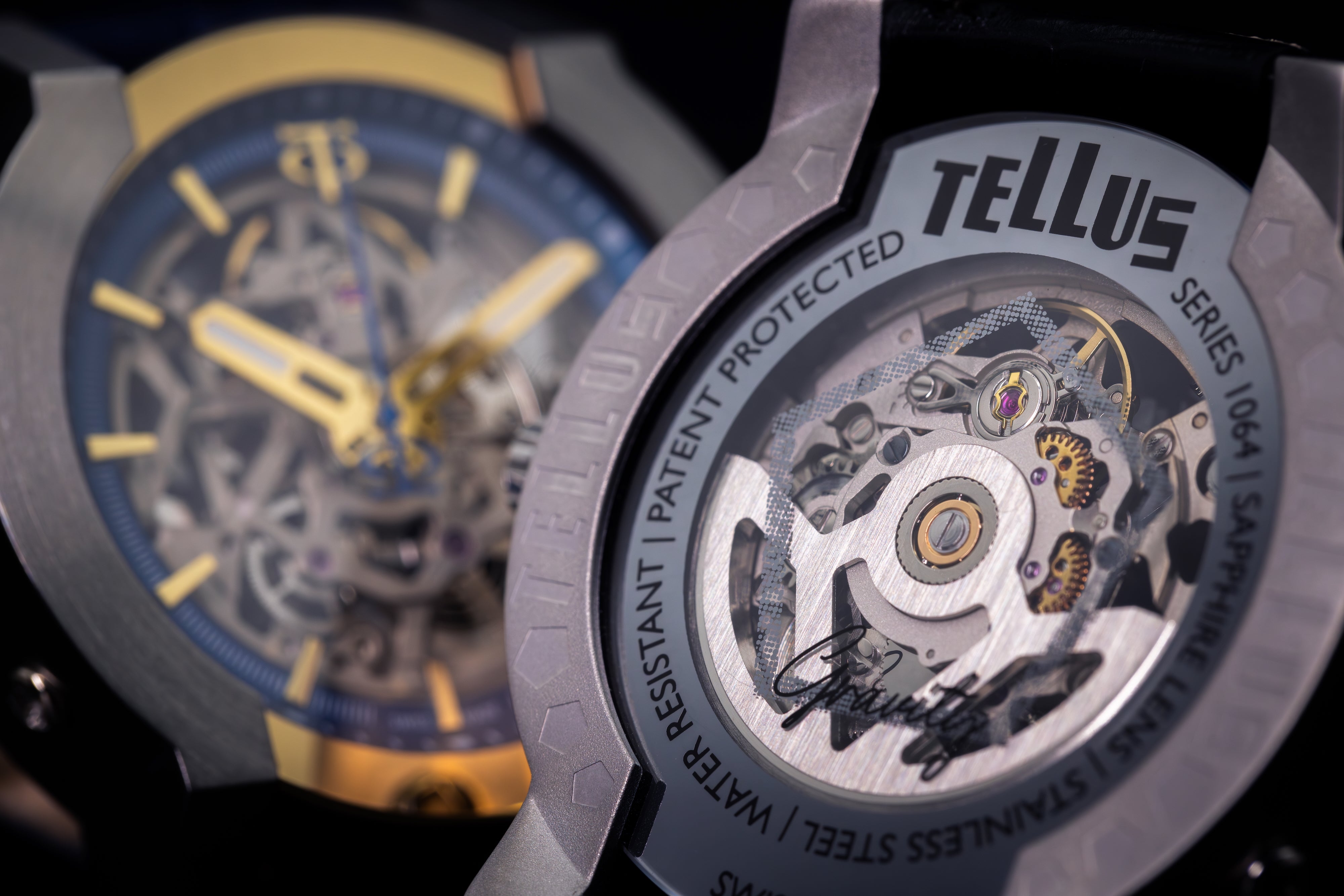Meeting with Franck Ferrand, when History regains its living breath
Hello Franck, you have this unique ability to embody History as a grand, living theater. Where does this passion come from, and how did it assert itself in your journey?
It was a teacher at my public school who, at a young age, infected me with the history bug—or more accurately, with the bug for stories. She was more a storyteller than a historian, and from the very start, she intertwined in my mind a fascination for the past with a love of narrative. My great predecessor, Alain Decaux, described himself as a “writer of history”; I see myself more as a “storyteller of the past.” Or, as the more generous might say, a “bridge between worlds.”
Objects have an extraordinary narrative power. A piece of jewelry, a brooch, a watch… can sometimes hold fragments of a life. Has there been an object that particularly marked you, whether in your research or personal life?
What fascinates us about objects is that they withstand the passage of time better than we do—almost without aging—while absorbing the memory of the eras they’ve lived through. For the Gazette de Drouot, I wrote a column called Great Objects, which told their stories. I remember the watch known as “Marie-Antoinette’s”—actually commissioned by the queen for Louis XVI—whose fate struck me deeply. By a chain of associations, I also think of the so-called “Fersen ring,” a jewel once worn by Louis XVI that, after an incredible journey, ended up sealing the Treaty of Versailles in 1919!
If you had to choose an era that, in your view, embodies a form of timeless elegance – in gestures, words, or ornamentation – which one would it be?

When it comes to timeless elegance, I would instinctively look to Classical Athens in the 5th century BCE—or better yet, to the Belle Époque’s interpretation of it, at the Villa Kérylos on the French Riviera… The French Grand Siècle isn’t bad either; but personally, I more readily let my imagination wander through the nearer, more familiar world of the 1920s—exactly a century ago—around the time of Tellus’s founding...
Mother’s Day is an opportunity to celebrate figures who are often discreet, yet fundamental. Which woman from History would you like to bring back into the spotlight on this occasion?
The woman I’m thinking of—and whom I know well, having spent two years trying to unravel her mystery—did not primarily leave behind the image of a mother. She had only one child, her beloved daughter Alexandrine, who died of peritonitis at the age of ten... I’m speaking of Madame de Pompadour, whose dazzling life, exceptional intellect, and countless paradoxes make her—not just a paragon of femininity—but a truly fascinating human being in every respect.
Maison Tellus believes in the bonds that unite generations through objects filled with meaning. What does “transmission” represent to you, beyond words?
You're asking a storyteller to speak about transmission—it's like asking a gardener what he thinks of gardens! (laughs) Nothing is more important in my eyes than this passing of the torch—this handover of what is beautiful, good, and true in the world to the next generations. It requires effort, discernment, humility, and a fair amount of courage—but above all, it calls for a deep belief in the demanding virtues of education.
You wear a Maison Tellus watch, an iconic piece from our Discoverer collection. What drew you to this piece, and what does it represent for you on a daily basis?
You're asking me about my credo, if I understand your question correctly… So, what is it that I believe in? I believe in coherence, precision, excellence, striving beyond limits, elevation, elegance—and, quite simply, beauty. I don’t suppose you’ll be too surprised to hear that your little marvel of artisanal technique, in my view, embodies all of those qualities.





Leave a comment
This site is protected by hCaptcha and the hCaptcha Privacy Policy and Terms of Service apply.